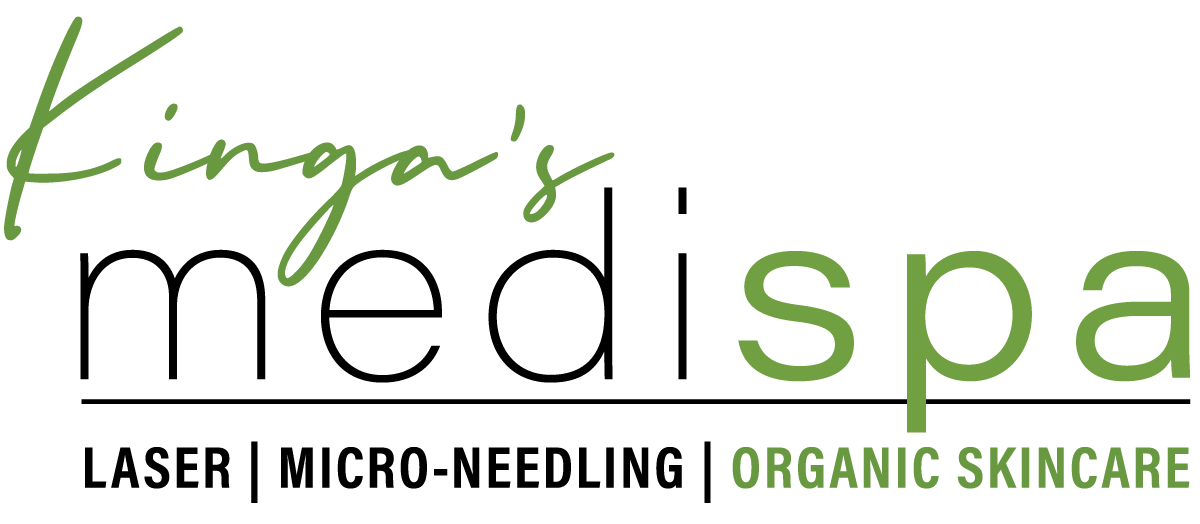Rosacea Awareness Month
What is Rosacea?
Rosacea is a common skin condition that is often characterized by signs of redness and flushing on the cheeks, nose, chin and forehead. Generally appearing after the age of 30, flare-ups and remissions are common. Individuals with fair skin and those who tend to blush or flush more easily are believed to be at a greater risk of Rosacea. Women are more commonly diagnosed but Rosacea is often more severe in men. Rosacea is an incurable condition that requires persistent treatment. Rosacea is to be diagnosed only by a Physician.
Common signs of Rosacea include:
* Frequent or persistent flushing to the cheeks, nose and chin
* Thickening of the skin
* Broken or distended capillaries
* Papules/pustules
* Eye irritation
* Dry or scaly skin
* Facial swelling
* Sensitivities to products and pressure
There are four subtypes of Rosacea:
Pre-Rosacea: characterized by dilated blood vessels and visible capillary damage.
Moderate Rosacea: persistent deep erythema, intense flushing, vascular damage, swelling and papulopustular Rosacea
Mild Rosacea: persistent flushing, early telangiectasia and tiny papules may be present
Severe Rosacea: intense facial swelling, thickening and disfigurement of the skin, inflammatory papules, pustules and nodules may be present. Ocular Rosacea may be present.
What causes Rosacea?
While the exact cause of Rosacea remains unknown, there are suspected culprits including the Demodex Mite and Lipase.
The Demodex Mite lives in and around the follicles, has 4 short legs, is nocturnal and hosts the Staphylococcus Aureus bacteria which contributes to the development of Rosacea. Present on everyone's skin, demodex mites are present 5-15 times more in the skin of those with Rosacea than average skin.
Lipase is an enzyme produced by the demodex mite and breaks down sebum on the skin's surface causing inflammation and papules and pustules. Lipase can be controlled by Alpha Hydroxy Acids based cleansers like Gentle Facial Wash.
Common triggers that may trigger a
flare-up or aggravate Rosacea include:
* Warm climates including steam rooms and hot baths
* Cold weather and wind
* UV Exposure
* Medications and drugs
* Irritating topical products
* Histamine rich foods
* Spicy foods
* Alcohol
* Hot beverages
*Heavy exercise


